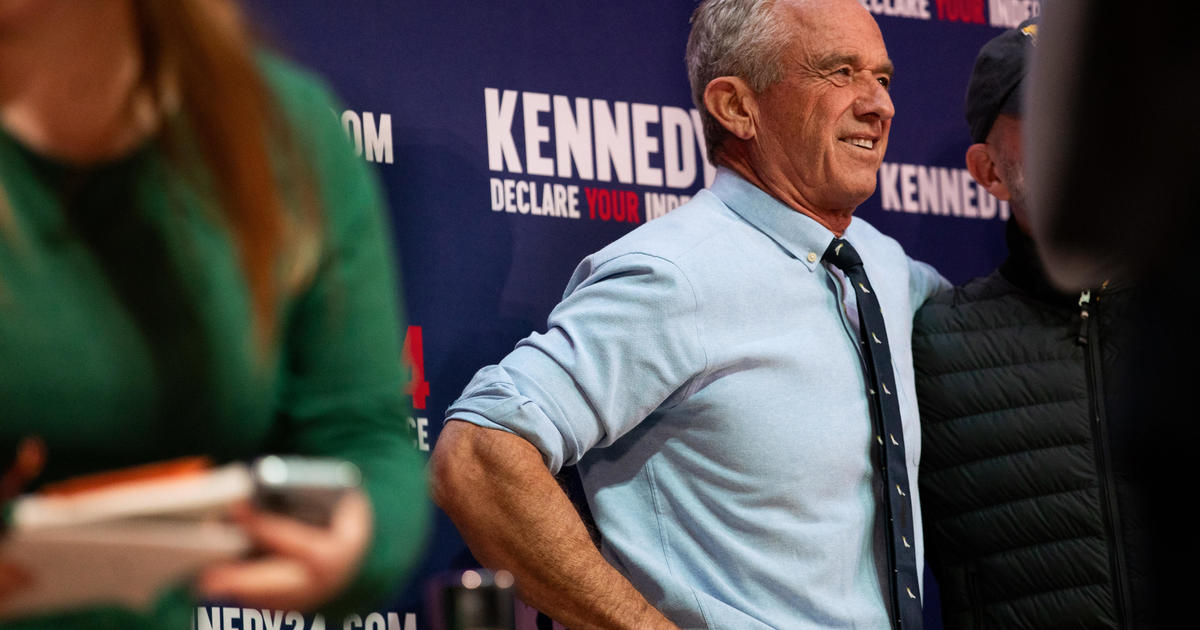Robert F. Kennedy Jr. is set to unveil his running mate on Tuesday, but a hiccup has emerged in Nevada that could complicate the independent candidate’s path to gaining ballot access in the state. The campaign failed to include the name of a vice presidential candidate on Kennedy’s petition, rendering the signatures collected in Nevada void. Although the campaign celebrated amassing 15,000 signatures in the state, they may have to start collecting signatures from scratch in order to meet the requirements to get on the ballot in November. The deadline to file the petition in Nevada is Aug. 7, giving the campaign time to collect new signatures once a running mate is named.
Kennedy’s campaign has not yet submitted the signatures to the Nevada office, and it remains uncertain whether he will be on the ballot in other states. Each state has different laws for independent candidates to gain ballot access, making it a challenging process for candidates outside of major parties. In New Hampshire, independent candidates need to submit a Declaration of Intent and gather at least 3,000 signatures, while Hawaii requires the establishment of a party before naming Kennedy as its presidential nominee on the ballot. The super PAC supporting Kennedy, American Values 2024, has helped collect signatures for ballot access but faced a complaint from the Democratic National Committee alleging illegal collusion on ballot access efforts.
The super PAC announced it would stop collecting signatures in additional states after meeting signature thresholds in several states, including Arizona, Michigan, Georgia, and South Carolina. The Nevada secretary of state’s office sent a memo to all independent presidential candidates petitioning for ballot access, emphasizing the requirement to include a nominee for Vice President on their filings. The campaign’s success in collecting signatures has prompted the PAC to redirect its efforts to counteract Democratic and Republican attempts to weaken third-party campaigns. Despite these challenges, Kennedy’s campaign still has time to gather new signatures in Nevada once a running mate is named.
For major parties, the vice presidential candidate is typically announced close to the nominating conventions, where the presidential and vice presidential nominees formally accept the party’s nomination. The Democratic National Convention is scheduled for Aug. 19-24, while the Republican National Convention will take place July 15-18. Kennedy’s campaign faces the hurdle of meeting ballot access requirements in multiple states, with Nevada presenting a setback that could potentially impact access to the ballot in other states that also require a named running mate for independent presidential candidates.









